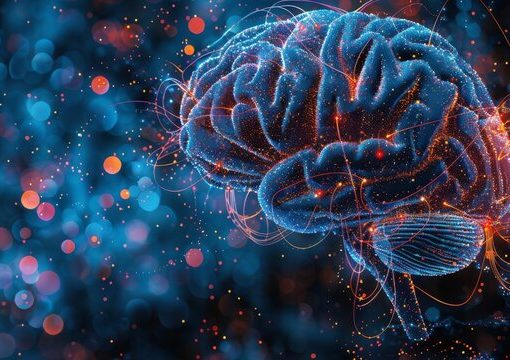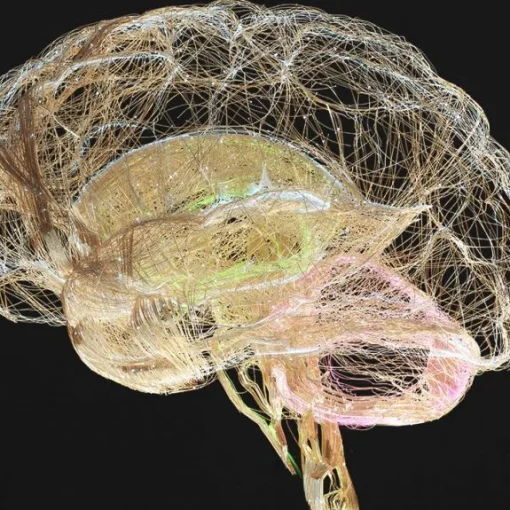The article “The Mental Universe,” published in Nature, discusses the philosophical implications of quantum mechanics on our understanding of reality, particularly emphasizing the role of consciousness in shaping our perception of the universe. Richard Conn Henry argues that the universe is fundamentally mental, suggesting that physical reality is influenced by human observation and cognition. He posits that traditional views in physics, which treat the universe as an objective entity independent of observers, overlook the significant impact that consciousness has on the interpretation of quantum phenomena. Henry calls for a reevaluation of how we conceptualize the relationship between mind and matter, advocating for a perspective that acknowledges the interconnectedness of consciousness and the physical world.
Richard Conn Henry is an Academy Professor of Physics and Astronomy at Johns Hopkins University. He is known for his significant contributions to astrophysics, including the discovery of previously unaccounted baryons in the universe and his advocacy for the role of consciousness in understanding quantum mechanics.
Editor’s Note: The insights presented in “The Mental Universe” challenge the entrenched materialist view of reality, which posits that the physical world exists independently of human consciousness. By suggesting that consciousness plays a pivotal role in shaping our understanding of the universe, Henry invites a profound reconsideration of the nature of reality itself. This perspective implies that materialism, with its emphasis on objective observation and quantifiable phenomena, may be insufficient to account for the complexities of human experience and perception. If consciousness is indeed integral to the fabric of reality, it raises critical questions about the limitations of scientific inquiry and the potential for a more holistic understanding of existence—one that harmonizes the mental and physical realms. Such a shift could lead to a richer dialogue between science and philosophy, fostering an interdisciplinary approach that embraces both empirical evidence and subjective experience as essential components of our quest for knowledge.
Read Original Article
Read Online
Click the button below if you wish to read the article on the website where it was originally published.
Read Offline
Click the button below if you wish to read the article offline





